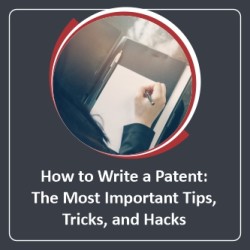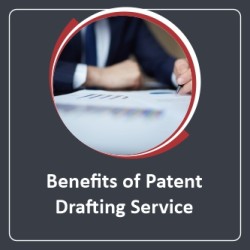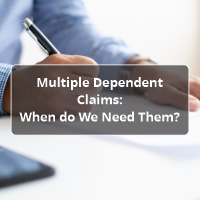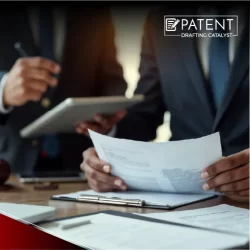Tips & Tricks for High-Quality Patent Draft
A patent draft is at the very core of getting a patent grant. It is about taking the very first step of your journey towards a patent grant. It comprises the specifications and the claims of the invention in detail. Furthermore, prepare a patent draft as per the format of the jurisdiction in which you[…]










